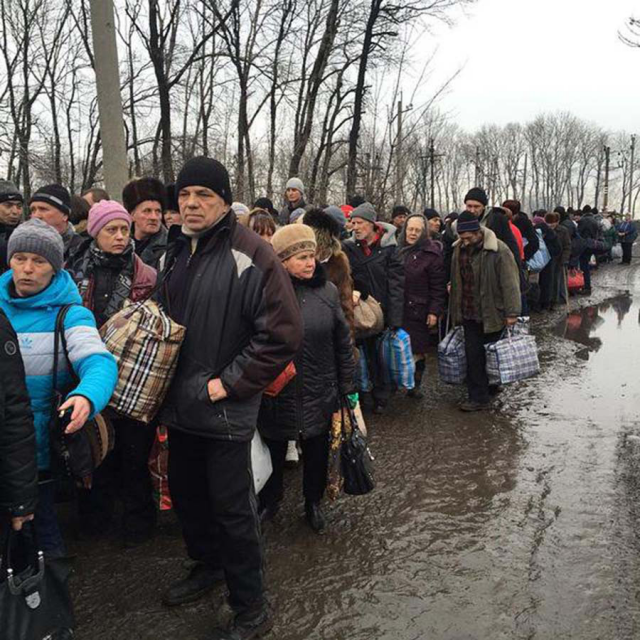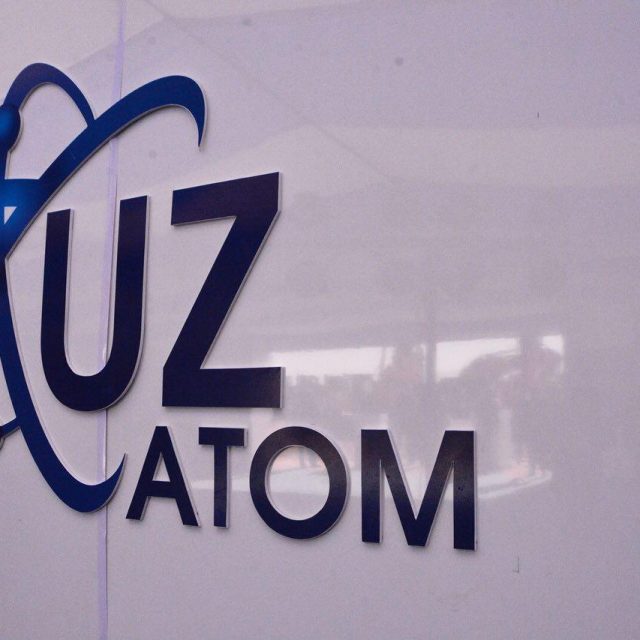Photo by Travel With on Unsplash
The need to make better use of the untapped potential of Central Asia has been highlighted by Kazakhstan’s president.
Kassym-Jomart Tokayev was speaking at the recent summit of heads of states in the Commonwealth of Independent States (CIS) in Bishkek, Kyrgyzstan.
There, he endorsed the wide expansion of cooperation among the organisation’s members, placing the greatest accent of his roadmap for increased transport and connectivity.
Tokayev underscored the strategic importance of all former Soviet regions in the evolving global landscape, and emphasised the need to leverage their geographical advantages for economic prosperity.
By placing a strong emphasis on deepening trade ties and developing transport corridors, Tokayev laid out a roadmap for sustainable growth and regional integration. This vision recognizes the untapped potential of the CIS, and especially of Central Asia, which it seeks to unlock through strategic planning and collaborative effort.
Inevitably, this emphasis implicitly drew attention to Central Asia, where the summit was held last month.
The president said, “We need to take advantage of our unique geographical advantages and connect global markets, turning our region into the largest transport and logistics hub. In the context of the formation of a new economic geography of the world and the growth of trade flows, this direction is acquiring strategic importance.”
He particularly stressed deepening trade and economic ties as well as the elimination of trade barriers, and the establishment of transport corridors. These building blocks of cooperation embody a complex strategic vision that aims to propel the region to higher levels of prosperity through greater collaboration and connectivity. The elimination of trade barriers will catalyse the creation of favourable conditions for business growth.
The facilitation of interconnections among regional businesses would help develop a resilient and integrated financial-economic network. The Central Asian region would thus acquire the autonomy to chart its own path through the complex and evolving global economy.
As such, the development of transport corridors emerged as a priority “call-to-action” for transforming all the regions of the CIS, but especially Central Asia, into major transport and logistics hubs. This strategic focus on transport and logistics is not only about facilitating the movement of goods but also involves creating a web of interdependence to foster stability and prosperity beyond immediate economic benefits. In President Tokayev’s vision, various CIS regions enhance the global-economic transformation that is currently under way, especially by driving trade and innovation.
Tokayev has positioned Kazakhstan as a pivotal player in the Trans-Caspian International Trade Route (TITR). Through networks of railways and seaways to facilitate faster and more efficient commercial links, this internationally supported project is set to reshape trade dynamics between Asia and Europe. Its successful implementation will, he hopes, bring significant benefits to Kazakhstan and its neighbouring countries, boosting trade and attracting foreign investment.
In June, the EU and European Bank for Reconstruction and Development (EBRD) held a joint conference in Almaty with the attendance of many other Central Asian players. There, the EU and EBRD unveiled their vision for a “Central Trans-Caspian Network” running through southern Kazakhstan. This would be a main trunk line giving all other Central Asian countries the possibility to benefit from buildouts and connectivity. The plan had great specificity and enumerated logistical projects with various priorities.
At the same time, President Tokayev underlined in Bishkek the imperative of addressing the “serious risks” that global climate change poses to the sustainable progress of the countries concerned. Specifically invoking “the context of environmental deterioration, creeping desertification, and depletion of water resources,” he noted that “the countries of Central Asia are already experiencing serious problems.”
He described Kazakhstan’s key projects to address these problems, already in the process of being implemented under his reform program and in cooperation with neighbours and international organisations.
He reaffirmed, as he had done in his September speech to the United Nations General Assembly (UNGA) in New York and in his meetings with Secretary-General Antonio Gutierres and others, that it is possible and necessary to strengthen the UNGA’s role.
The countries of Central Asia are seen not just as participants in the global market but as influential players shaping the economic landscape through strategic collaboration and connectivity.
President Tokayev’s address at the CIS meeting in Bishkek was a clear call to action, as much for Central Asia as for the CIS overall. While laying out a roadmap for regional cooperation and economic prosperity, he drew attention to Kazakhstan’s experience in exemplifying the indispensability of strategic planning.
Without this, any commitment to prosperity will fail to meet the challenges or to seize opportunities to secure the region’s rightful place in the rapidly changing global landscape.




